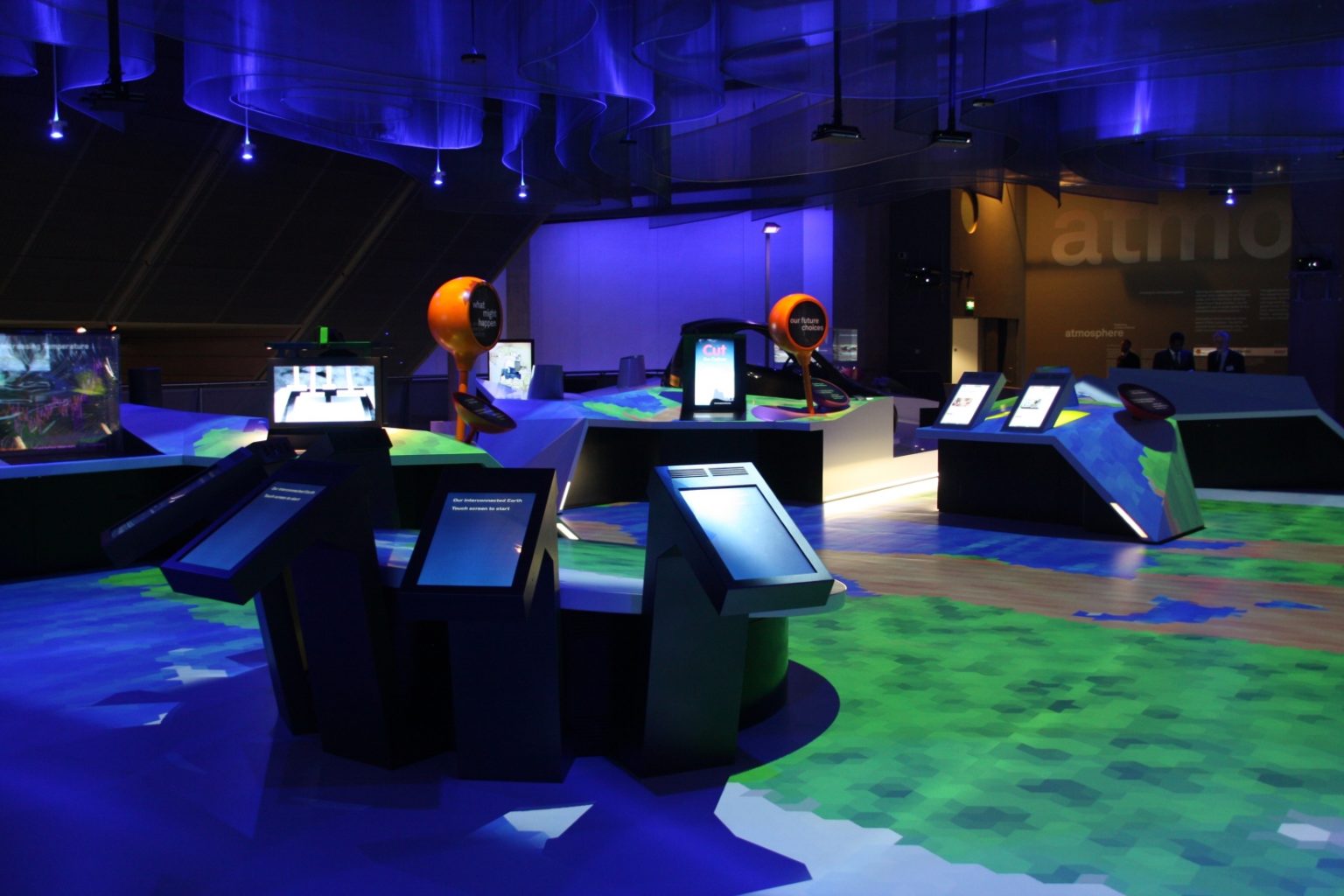At first it looked like the Science Museum had gone and done the right thing: dropped its sponsorship deal with Shell. But then the museum’s director said something different. Chris Garrard at the Art Not Oil Coalition asks: ‘What’s going on?’
Currently Shell is sponsoring the Science Museum’s climate science exhibition, ‘Atmosphere’, but this is due to expire in December. So, the Art Not Oil Coalition decided to put in a Freedom of Information (FOI) request and find out what ill-advised deal they had lined up next.
When the response came back, it looked like we had got the result we had been waiting for:
“No, the Science Museum Group [formerly the National Museum of Science & Industry] does not have plans to renew its existing sponsorship deal or initiate a new deal or funding agreement with Royal Dutch Shell.”
Sponsorship Doubt
However, when this news was reported in the Guardian, the museum’s director, Ian Blatchford, took a very different line:
“For the avoidance of doubt, we have a long-term relationship with Shell, with whom we remain in open dialogue. We may or may not enter into partnership agreements with Shell in the future.”
So, what is going on at the Science Museum? Is there a plan to initiate a new deal or not? What is the nature of this “open dialogue”? Rather than avoid doubt, the museum has created more of it.
Sponsorship deals tend to fall into two broad categories: long-term partnerships and ad-hoc deals for specific events or exhibitions. While Shell’s deal at the Science Museum may appear ad hoc it is, like Ian Blatchford says, a long-term relationship.
Prior to ‘Atmosphere’, Shell sponsored the museum’s interactive gallery, ‘Launchpad’. There was a smooth segue from one deal to the next. The museum has had five years to plan a new opportunity for Shell to keep its logo on the wall – but it hasn’t.
Did the museum’s development team simply forget? Or had the deal become toxic for both the museum and Shell?
Exhibition Decisions
Earlier this year, thanks to another FOI request, we at Art not Oil uncovered a catalogue of emails showing that Shell had attempted to influence the museum’s curatorial decisions around its climate exhibition – what to display and how to display it.
Shell even asked for a discussion event to be made “invite-only” so that campaigners like us wouldn’t be able to ask awkward questions about its record in the Arctic, Nigeria and Canada.
Its sponsorship of the ‘Atmosphere’ exhibition amounted to £200,000 per year, which we worked out to be roughly 0.25 percent of the museum’s income. Again, that figure isn’t publicly available and had to be drawn out with an FOI request.
These revelations all raised big questions about sponsorship and public trust in cultural institutions, and undoubtedly influenced the Museums Association’s new ethical guidelines.
So, with no fanfare for a new sponsorship deal forthcoming, it looked like the museum had taken note of the controversy and decided to quietly phase out its partnership with Shell.
Typically, when cultural institutions have dropped unethical sponsors in the past, it’s always been framed in a face-saving way, with lines like: “While we have no specific partnership at this time, we are grateful to X for its longstanding support which we depend on to deliver world-class exhibitions.”
Their response to our FOI request appeared to be another such graceful retreat. But with Blatchford’s comments the museum urgently needs to clarify whether that response was accurate.
Answers Needed
What we do know is that the museum hasn’t come to its senses on oil sponsorship quite yet – BP is the sponsor of the current ‘Cosmonauts’ exhibition. In an effort to draw attention to these sponsorships, BP or not BP? and the Progressive Science Institute held an “unofficial” conference in the museum last weekend.
Climate scientists have reached a consensus that if we are to have a safe climate, we can no longer drill for new sources of fossil fuels, as Shell and BP plan to. The Science Museum must now decide if it agrees.
Chris Garrard is a member of the activist theatre group, BP or not BP? which is part of the Art Not Oil coalition. Visit www.bp-or-not-bp.org for more about their campaigns and performances.
Photo: Dave Patten via Flickr
Subscribe to our newsletter
Stay up to date with DeSmog news and alerts







